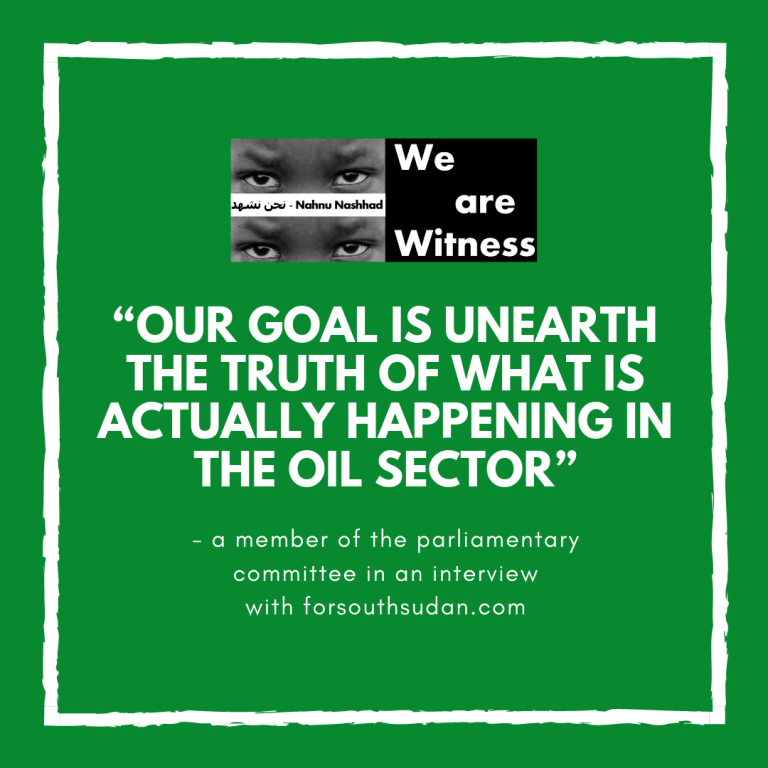 Going to sleep afraid, waking up afraid
Going to sleep afraid, waking up afraid
By Joseph Oduha
February 25, 2019
Threats are the last things I get to hear before falling asleep.
Threats are the first thing I get to hear when waking up.
The threats are to my life.
And I take these threats very seriously.
Because the threateners – the government of South Sudan and its officers and institutions – have harassed, imprisoned and even killed a number of my colleagues.
The latest round of threats was issued upon my having done the “unpardonable”.
I reported the truth.
I reported in The East African on February 5, 2019 on the clashes in South Sudan’s Equitoria region between the rebels of National Salvation Front (NAS) and the Sudan People’s Liberation Movement in Opposition (SPLA-IO) – who once were themselves rebels but are now allies of the government.
And who apparently don’t care for media coverage at all.
At least that is my impression, one gained upon reading the statement issued by the SPLA-IO on the following day.
“It is disappointing that Joseph Oduha didn’t think of asking the SPLA IO to give its side of story. The report is not only one-sided but it lacked truths and is biased at the same time. The fact that the report was immediately published by theeastafrican.co.ke without balancing it shows clear unprofessionalism and the desire to continue discrediting the national efforts being put to bring peace in South Sudan. The SPLA IO is urging journalists in South Sudan to report facts about its activities but not lies to achieve personal gains from peace spoilers and doubting Thomases.”
Doesn’t sound bad, does it?
But, as my nine years of front-line journalism in South Sudan have amply shown me, the voicing of such apparently mild criticisms is routinely followed by the taking of punitive measures.
Such as having the journalist killed.
So where does that now leave me?
There is literally no place to hide in South Sudan.
So I live in fear.
Despite this, I refuse to follow the lead of many of my colleagues, who have become expert at self-censorship – or who have turned themselves into propagandists for the government and its allies and agents.
The media’s intimidation is one of the major “success stories” of the South Sudanese government.
Another popular option for South Sudan’s journalist is to flee the country.
Which I have done on occasion. I fled South Sudan twice in 2016 and once in early 2018.
Each flight was followed by a painful decision – choosing between preserving my safety by not returning to South Sudan versus pursuing my chosen profession in a country that desperately needs objective reporting.
Each time, I decided for the latter.



